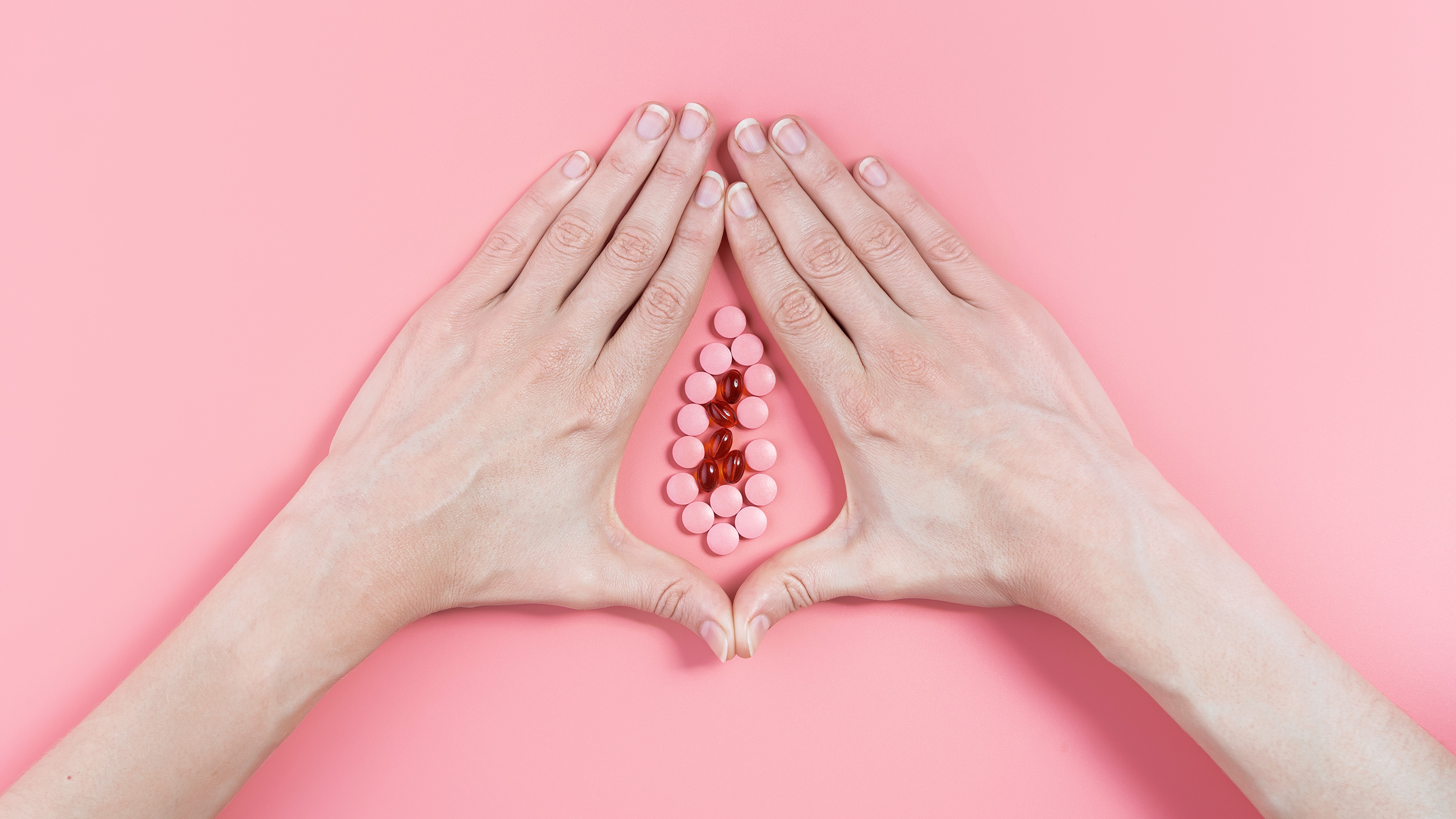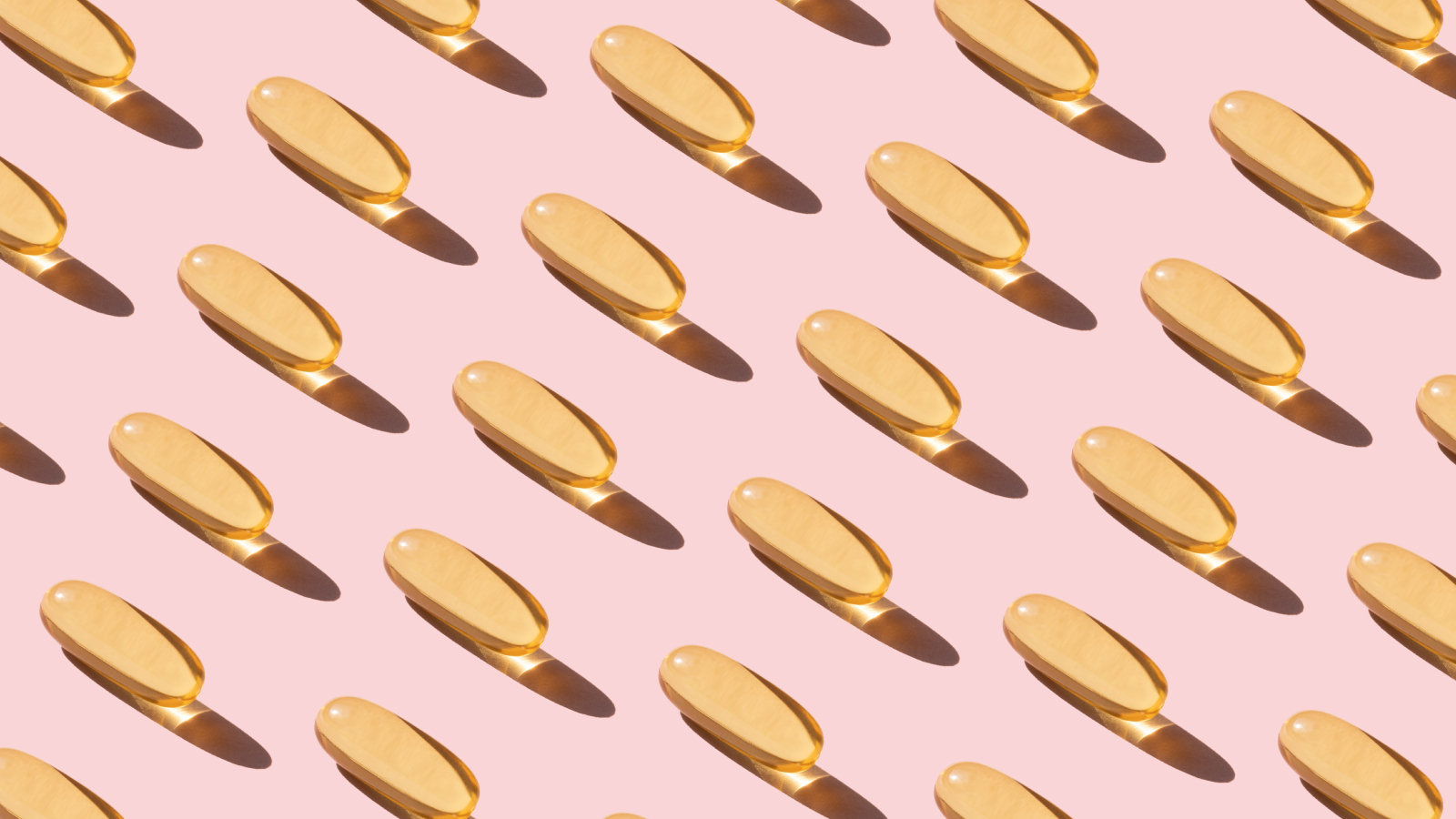Expert warns stopping HRT can lead to intimate health issues—how to help ease symptoms amid the shortage
Health expert on health issues that stopping HRT can lead to—here's why and alternative methods to help ease symptoms amid HRT shortage


HRT alternatives can help ease the symptoms of intimate health issues, says a health expert, as concerns regarding the ongoing shortage grow. As many are left with no choice but to stop HRT, woman&home learn how that can affect intimate health and alternative methods of treating symptoms.
Although menopause symptoms are increasingly discussed in the public forum, conversations around intimate health are still somewhat taboo. However, it's time to talk, says health expert and founder of Kegel8 Stephanie Taylor—who warns of the intimate health issues stopping the treatment can have.
HRT and intimate health are intrinsically linked and stopping the drug, which helps relieve menopause symptoms such as hot flushes, low mood, and anxiety has a knock-on effect.
With over 2.5 million prescriptions made in England every year, this is undoubtedly affecting the many. The Guardian reports that women are risking their health by sharing products and even resorting to purchasing them off the black market out of desperation.
“Without HRT for a period of time, vaginal issues are likely to return," says Stephanie. "Which could prove painful and uncomfortable for the sufferer and have a subsequent impact on their everyday lives and mental health."
How does stopping HRT affect your intimate health?

Incontinence
During menopause, you may experience symptoms such as incontinence or vaginal atrophy.
“Menopause can cause your pelvic floor muscles to weaken," explains Stephanie. "This means less support for your pelvic organs like your bladder, which can leave you with frequent, sudden urges to urinate, which is often followed by involuntary leakage of urine."
Sign up to our free daily email for the latest royal and entertainment news, interesting opinion, expert advice on styling and beauty trends, and no-nonsense guides to the health and wellness questions you want answered.
Vaginal dryness
Those affected by it may wonder, "why do I have a sore vagina?" Well, menopause is one of the common causes of vaginal dryness. The common issue is caused by a drop of estrogen, that halts the mucus production in the vagina. On top of making sexual intercourse unpleasant and sometimes painful, you are more at risk of developing a UTI.
HRT is usually prescribed in the form of gel, vaginal rings, or tablets, which are inserted into the vagina using an applicator and work by gradually releasing hormones into the vaginal tissue.
The expert explains, "this helps to treat incontinence and vaginal atrophy by restoring the integrity of the vaginal wall, relieving symptoms of dryness, soreness, itching, burning, and painful intercourse."
HRT patches are also prescribed for a less intrusive approach, containing a fixed dosage of hormones absorbed into your bloodstream once stuck to your skin.
“The shortages publicized that are said to be affecting customers most are Oestrogel and a few other products such as FemSeven Sequi patches," says Stephanie.
alternative methods to help women ease symptoms of menopause

Lubricant
As well as adding a little spice to the bedroom, the best lubes can seriously help alleviate any discomfort.
Stephanie also suggests vaginal dryness treatments like special moisturizers designed to treat the issue. She adds, "Vitamin D has also been found to be effective in combatting vaginal dryness during menopause."
If you struggle to get much sunshine, perhaps consider the best foods for a healthy vagina.
Pelvic floor exercises
Kegel exercises are important for a myriad of reasons and throughout many periods in your life. However, they're especially important during menopause.
Whether it's via exercises or with the help of the best pelvic floor trainers, Stephanie explains these exercises, "help to increase the blood flow to your vagina and improve natural lubrication and sensitivity."
"Pelvic floor exercises should be a key part of your daily exercise regime," she adds.
Talk to someone
It might sound obvious but it's easy sometimes to forget that countless people go through this experience, or know someone who has. Sharing your struggles with those closest to you can be a reminder you're not alone.
Speaking to your doctor about your issues might also be worth considering, as they'll be able to help you consider other options and lessen any suffering.

Aoife is an Irish journalist and writer with a background in creative writing, comedy, and TV production.
Formerly woman&home's junior news editor and a contributing writer at Bustle, her words can be found in the Metro, Huffpost, Delicious, Imperica and EVOKE.
Her poetry features in the Queer Life, Queer Love anthology.
Outside of work you might bump into her at a garden center, charity shop, yoga studio, lifting heavy weights, or (most likely) supping/eating some sort of delicious drink/meal.